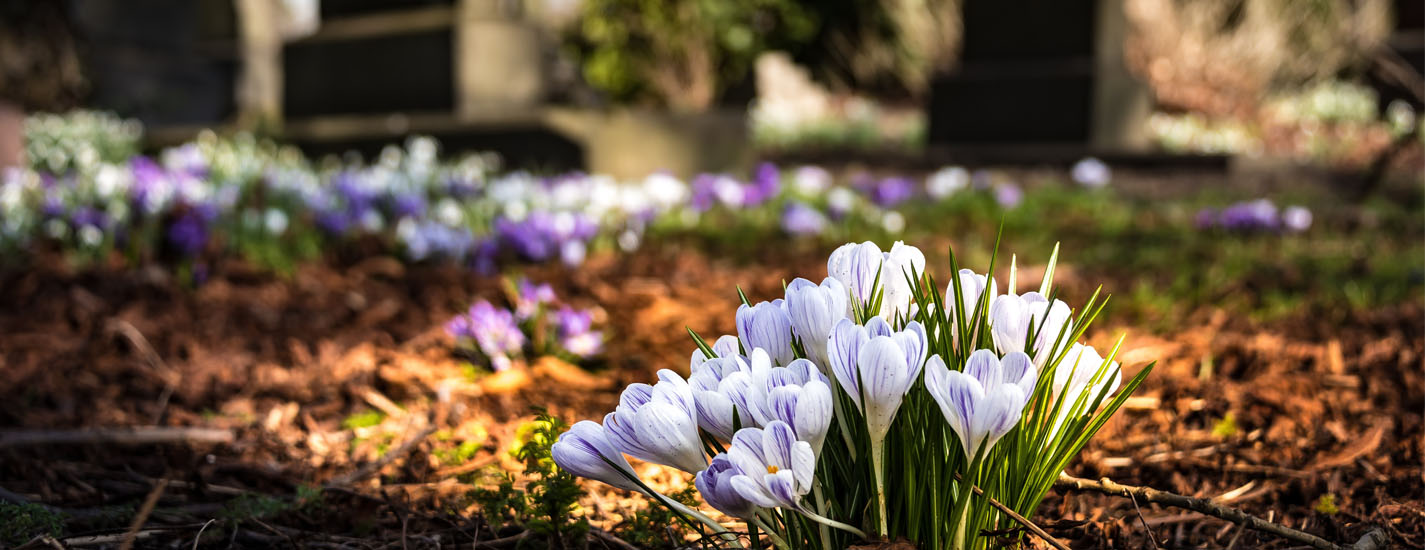Last year, Washington state was is in the news for being the first state in the nation to legalize human composting as a means of final disposition of human remains. Although it was passed during the legislature’s 2019 session, the law only recently went into effect, on May 1, 2020. In Washington, there are now four options for final disposition of human remains: burial, cremation, alkaline hydrolysis (aquamation), and natural organic reduction (composting).
Burial and cremation have been around about as long as people have been around. But, most people may not yet be familiar with the two new methods of disposition of human remains, alkaline hydrolysis and natural organic reduction. Alkaline hydrolysis is defined at RCW 68.04.290, as “the reduction of human remains to bone fragments and essential elements in a licensed hydrolysis facility using heat, pressure, water, and base chemical agents.” Alkaline hydrolysis (aquamation) is currently available to Washingtonians through People’s Memorial Association and there may soon be other providers that offer this service. Natural organic reduction (composting) is defined at RCW 68.04.310, as “the contained, accelerated conversion of human remains to soil.” It is a process that involves using straw, wood chips, and other materials that can convert human remains to soil. Natural organic reduction is not currently available, but a Seattle company, Recompose, expects to offer this service sometime in 2021.
What if you want to be an organ donor or donate your body to science? These are also options in Washington, but, when science has no more use of your remains, they will still need to be disposed of via burial, cremation, alkaline hydrolysis, or natural organic reduction.
Once you decide how to dispose of your remains, you then need to address the question of where the remains should reside. In Washington, this issue is governed by RCW 68.50.130. This statute provides that human remains may be buried in a cemetery or building dedicated exclusively for religious purposes, or disposed of following cremation, alkaline hydrolysis, or natural organic reduction on private property (with the property owner’s consent), or on public lands or waters, with the consent of the appropriate jurisdictional authority. It is worth the time and effort to obtain consent: unauthorized disposition of human remains is a misdemeanor in Washington.
Interested in discussing your options for providing for the disposition of your remains? We’re available to answer your questions regarding Memorial Instructions.



 Phone: (206) 784-5305
Phone: (206) 784-5305